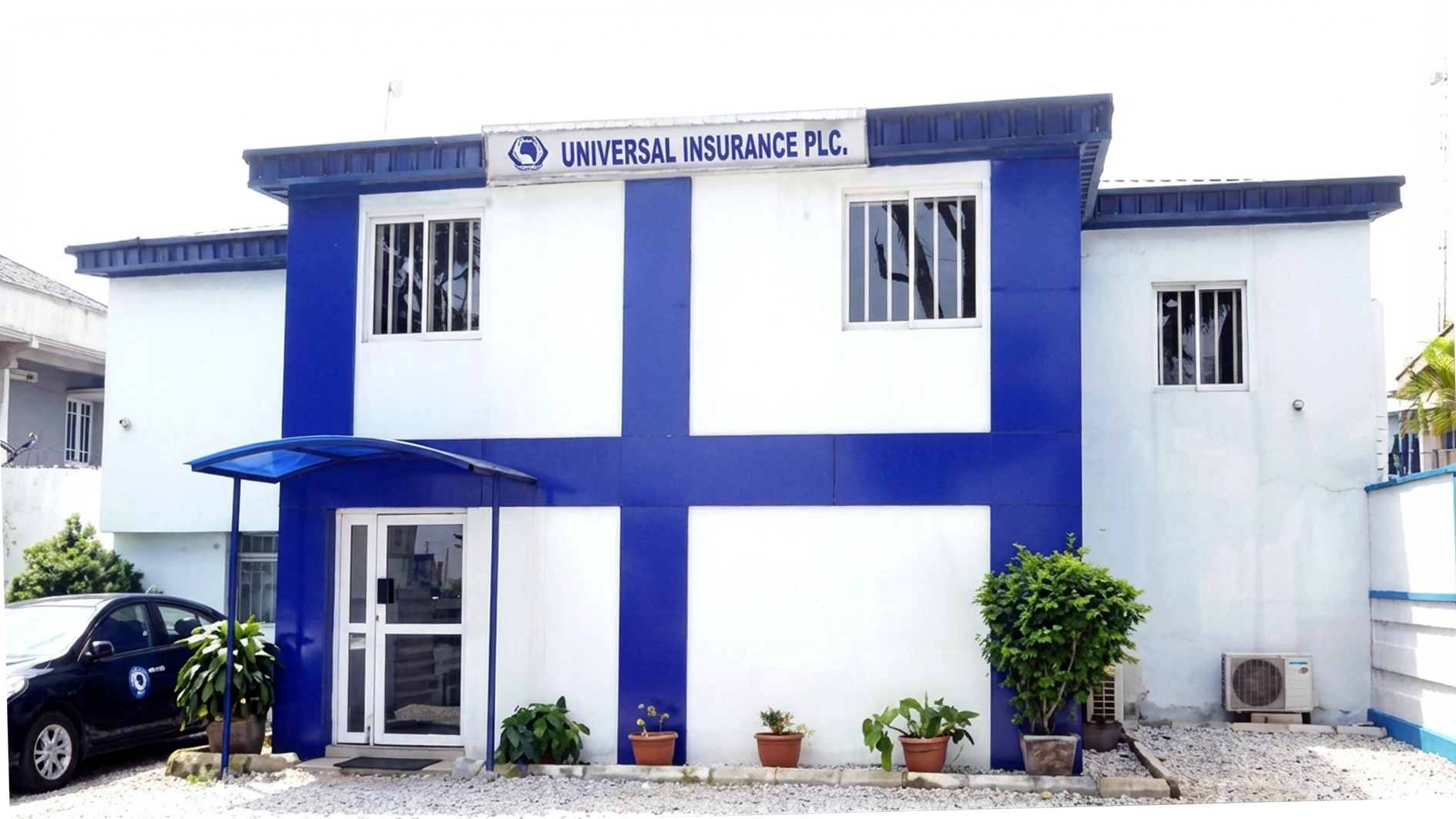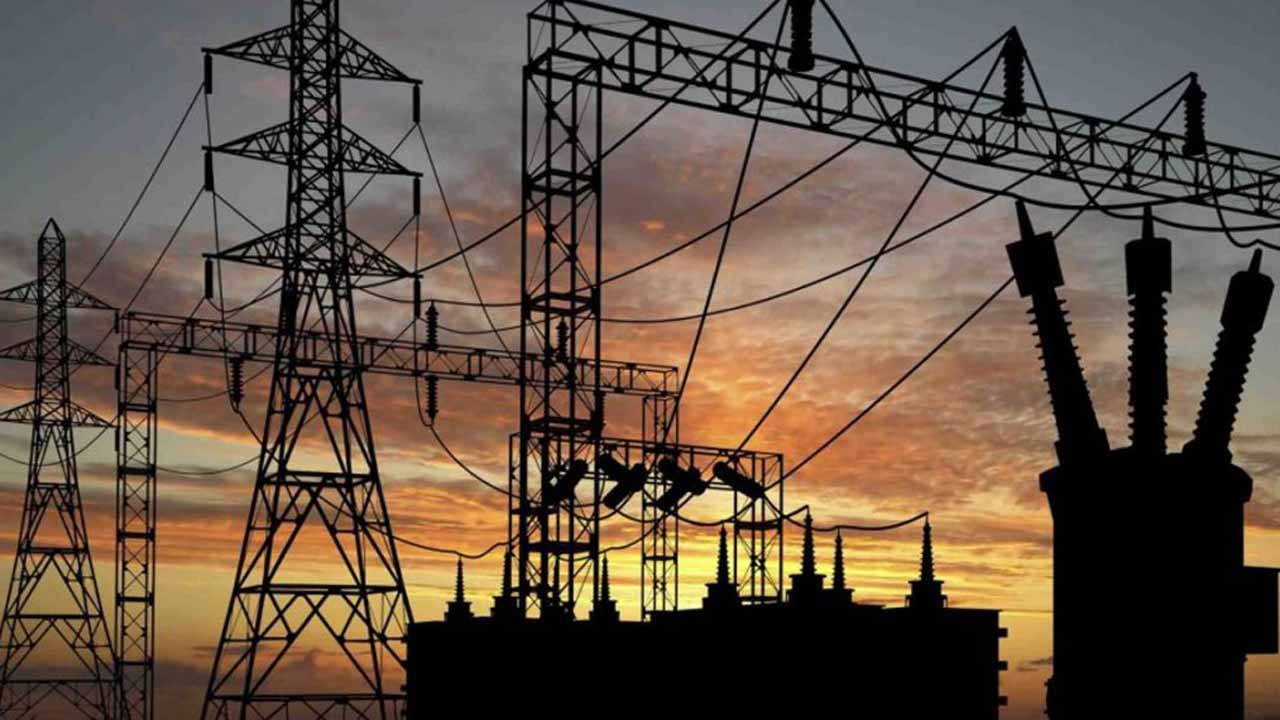Stakeholders have warned that freight charges and the cost of importation are likely to surge in the coming months following the United States’ recent imposition of additional charges on Chinese-built vessels, which would see the top 10 carriers’ fleets pay $3.2 billion in added charges to tariffs by 2026.
The US Trade Representative (USTR) will see charges of $80 per net tonnage for each voyage performed for Chinese lines, from October 14, 2025, while non-Chinese carriers that operate Chinese-built ships will pay either $23 per network tonnage or $154 per twenty-foot equivalent unit (TEU) capacity.
Chartered vessels would also be subject to the fees, with shipping companies looking to mitigate their potential worth of charges by replacing tonnage built in China with vessels built in South Korea or Japan.
Top shipping lines affected include Cosco Shipping, ZIM, ONE, CMA CGM, MSC, Hapag-Lloyd, Maersk, Evergreen, HMM, and OOCL.
According to the policy, these charges will only be paid on the first five calls in any given year.
According to Alphaliner, Cosco Group fleet would be subject to $1.53 billion of the aggregated $3.2 billion, Maersk’s fleet would be charged $17.5 million, Hapag-Lloyd’s fleet would be charged $105 million, CMA CGM will attract $335 million, ONE $363 million, ZIM would be subject to $510 million and Seaspan will attract $1.31 billion worth of charges by 2026.
The Executive Chairman and Chief Consultant of Widescope International Group/Global Transport Policy (GTP), Dr Oluwasegun Musa, explained that any form of levy, tax, or tariff imposed on vessels will naturally be passed down to the end users of goods.
“Once there is an additional charge on a vessel, it passes on to the freight, and invariably, to the cost of goods being shipped. It’s a straightforward chain reaction,” he said.
The transport expert noted that Nigeria, which commonly uses the Cost, Insurance and Freight (CIF) incoterm, would be particularly affected.
“If the rate of freight increases, it automatically adds to the CIF value used in calculating import duties. This means importers will pay higher tariffs, and goods will ultimately cost more in the market,” Musa explained.
He added that the increase in freight charges would have a multiplier effect on Nigeria’s already fragile economy, which is import-dependent and could face higher inflationary pressures.
National Public Relations Officer of the Association of Registered Freight Forwarders of Nigeria (AREFFN), Taiwo Fatomilola, projected a rise in shipment costs for vehicle importation, noting that Nigerian importers and consumers will ultimately bear the burden through increased freight and clearing charges at the ports.
He stressed that the increase will cascade into higher clearing costs at Nigerian ports, ultimately driving up the price of goods in the local market.
According to him, while the rise in shipping costs may not halt vehicle importation, it will inflate the cost of clearing and overall importation, eventually affecting car prices in Nigeria.
“The only difference is that the cost of shipment will increase. Currently, transporting a car costs between $1,200 and $1,500, depending on the distance. But with the new arrangement, it could rise by as much as $300, reaching about $1,700 to $1,800 per vehicle. Clearing charges will also increase and consumers will feel the impact,” he stated.
Chief Executive Officer of the Centre for the Promotion of Private Enterprise (CPPE), Dr Muda Yusuf, has warned that ongoing policy and supply chain disruptions between China and the United States will have ripple effects on Nigeria’s imports tied to the U.S. market.
Yusuf explained that while the impact may not be systemic due to Nigeria’s limited trade volume with the United States, which he estimated at around 15 to 20 per cent, the rise in freight costs will make goods imported from the U.S., such as vehicles, wheat and others, more expensive for Nigerian consumers and businesses.
“Any trade between us and the United States will be more costly on account of the additional cost of freight. The Chinese shipping companies are generally cheaper, but now that this policy is taking place, transactions involving the U.S. will go up,” he said.
The CPPE boss stated that the policy’s effect will mostly be felt in U.S.-bound shipments, adding that the high cost of freight may force Nigerian importers to divert trade away from the United States to cheaper alternatives.
“The U.S. economy may ultimately bear the bigger cost. Although the intention might be to protect U.S. shipping companies and investors, the real burden will fall on American consumers and businesses,” he added.
The Public Relations Officer of the Tin Can Chapter of the African Association of Professional Freight Forwarders and Logistics of Nigeria (APFFLON), Mr. Clinton Okoro, stated that while freight charges for Nigerian imports and exports are likely to surge in the coming months, Nigerian-owned container vessels by Clarion Shipping Companies would also suffer the same fate.






